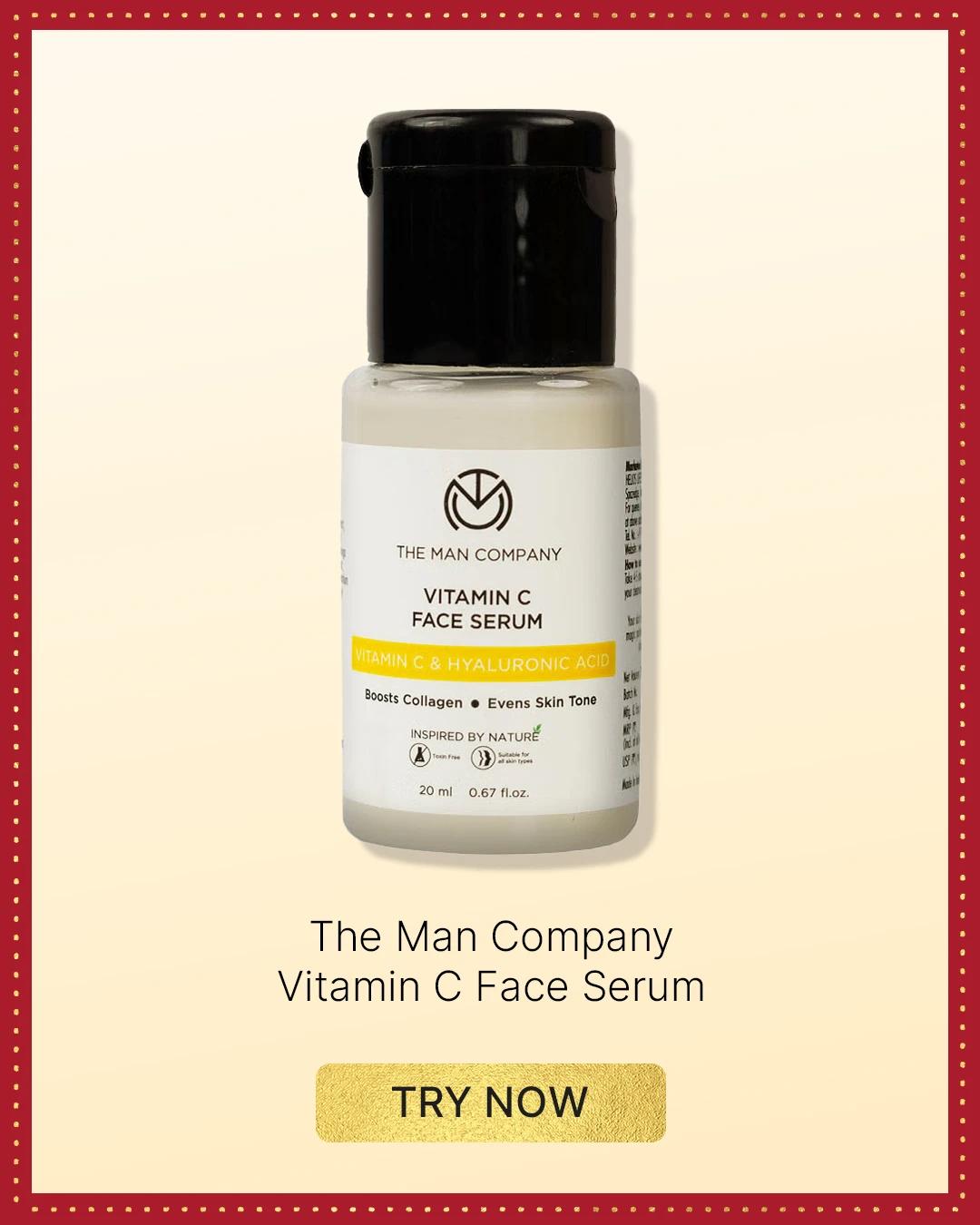Layering with Other Products
Apply vitamin C on clean skin, then follow with moisturiser and SPF. Avoid using it with retinol or AHA/BHA products initially—these combinations can cause irritation. Once your skin is used to vitamin C, you can slowly introduce other actives, but keep them separate (vitamin C in the morning, retinol at night).
Measuring Results: What to Expect
Setting realistic expectations helps you stick with your routine and recognise when it's working. Vitamin C is brilliant, but it's not magic—consistency is key.
Timeline for Visible Effects
You might notice a subtle glow within 2-4 weeks, but significant changes typically take 6-8 weeks. Dark spots and hyperpigmentation can take 3-6 months to fade noticeably. Your skin's natural renewal cycle affects how quickly you see results, so patience is essential.
Signs of Effectiveness
Look for brighter, more even-toned skin, reduced appearance of dark spots, and improved skin texture. Your skin might feel firmer and look more radiant overall. If you're not seeing any changes after 3 months of consistent use, it might be time to reassess your choice.
Frequently Asked Questions
Can I use Vitamin C serum with other active ingredients like retinol?
It's best to start with vitamin C alone, then gradually introduce other actives. Use vitamin C in the morning and retinol at night to avoid irritation. Once your skin adjusts, some people can use them together, but start slowly and listen to your skin.
How long does a Vitamin C serum typically last before it expires?
Most vitamin C serums last 6-12 months unopened, and 3-6 months once opened. L-ascorbic acid serums are less stable and might only last 3-4 months. If your serum turns brown or orange, it's oxidised and less effective—time for a new bottle.
Are there any side effects of using Vitamin C serums?
Some people experience mild irritation, redness, or tingling when first starting, especially with higher concentrations. This usually subsides as your skin adjusts. If irritation persists, try a lower concentration or switch to a gentler derivative.
Can Vitamin C serums be used during pregnancy?
Vitamin C is generally considered safe during pregnancy and breastfeeding. It's actually beneficial for maintaining healthy skin during hormonal changes. However, always consult your healthcare provider about any new skincare products during pregnancy.
Final Thoughts
Choosing the right vitamin C serum doesn't have to feel like solving a puzzle. Focus on your skin type, start with appropriate concentrations, and give your chosen serum time to work its magic. Remember, the best serum is the one you'll actually use consistently. Whether you go for a gentle derivative or dive into L-ascorbic acid territory, the key is finding something that fits your skin's needs and your routine. Your future glowing self will thank you for taking the time to choose wisely.

 30 ml
30 ml 30 ml
30 ml 20 ml
20 ml 15 gm
15 gm